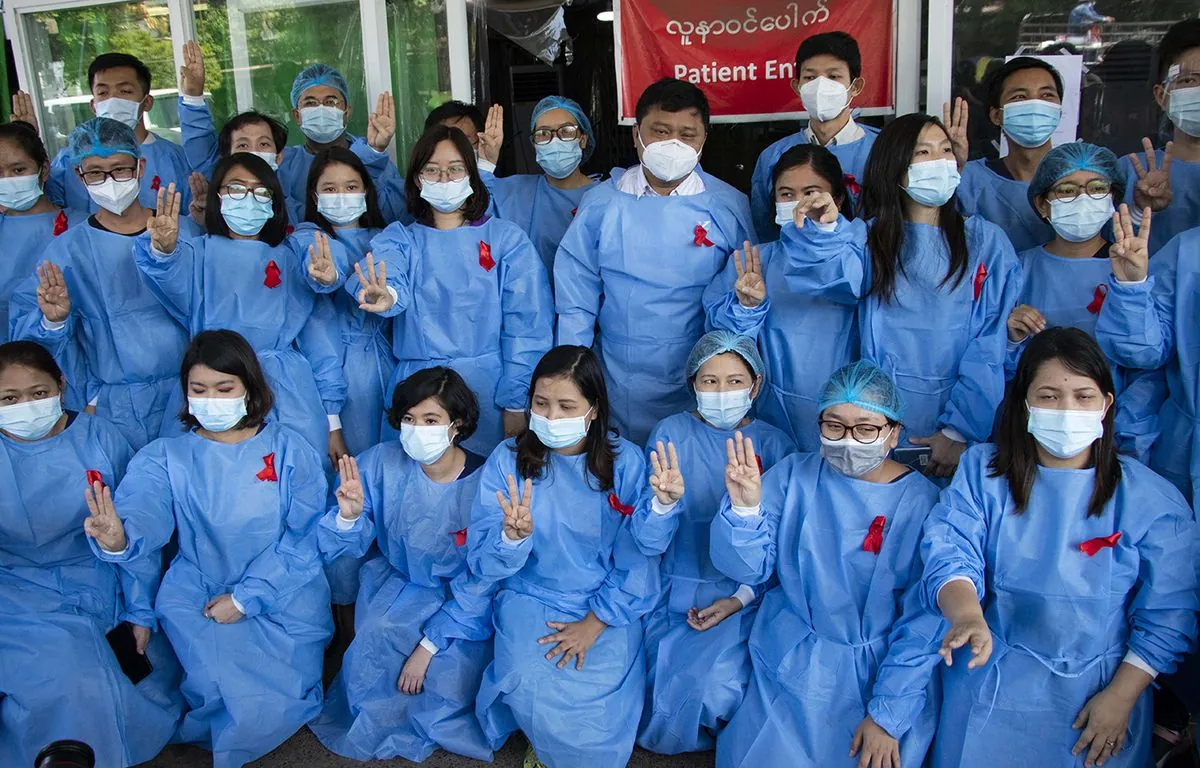About four years ago Rupa left her home-town to join an armed group fighting against Myanmarʼs military rule. As a fresh high-school grad she traveled 300 miles north to become part of Kachin Independence Armyʼs special Gurkha Force (which includes descendants of WW2 fighters)
The post-coup resistance movement brings together many different groups: some new some old fighting for self-rule since decades back. Its interesting that many young people joined various armed groups after 02/2021 - some picked newly-formed defense forces while others chose existing ethnic armed groups
The current system in Myanmar makes life hard for many non-recognized minorities. The old-fashioned citizenship rules from early 80s create problems for folks with South Asian or Chinese background; they dont get same rights as 135 official ethnic groups. Religious minorities also face similar issues in this mostly-Buddhist country
For me‚ the true achievement will be ensuring equal rights‚ the absence of ethnic and religious discrimination‚ and equal access to education for everyone
The idea of sharing power between regions goes back to late 40s when Gen. Aung San made deals with different ethnic groups. But his death changed everything - leading to decades of military control. Now after the 2021 take-over things are different: groups that fought separately work together for shared goals
Many barriers between communities started breaking down after the coup; people stood side-by-side during protests. A youth activist from Kachin state points out: nobody asks about religion anymore - they just see fellow citizens fighting against one common enemy
Some worry that ethnic-based power-sharing might create new problems. Maung Saungkha‚ who leads a resistance group says its important to protect everyoneʼs rights in any future system. Meanwhile Rupa works as a front-line medic; she believes victory should mean better life for all Myanmarʼs people - not just her own community
